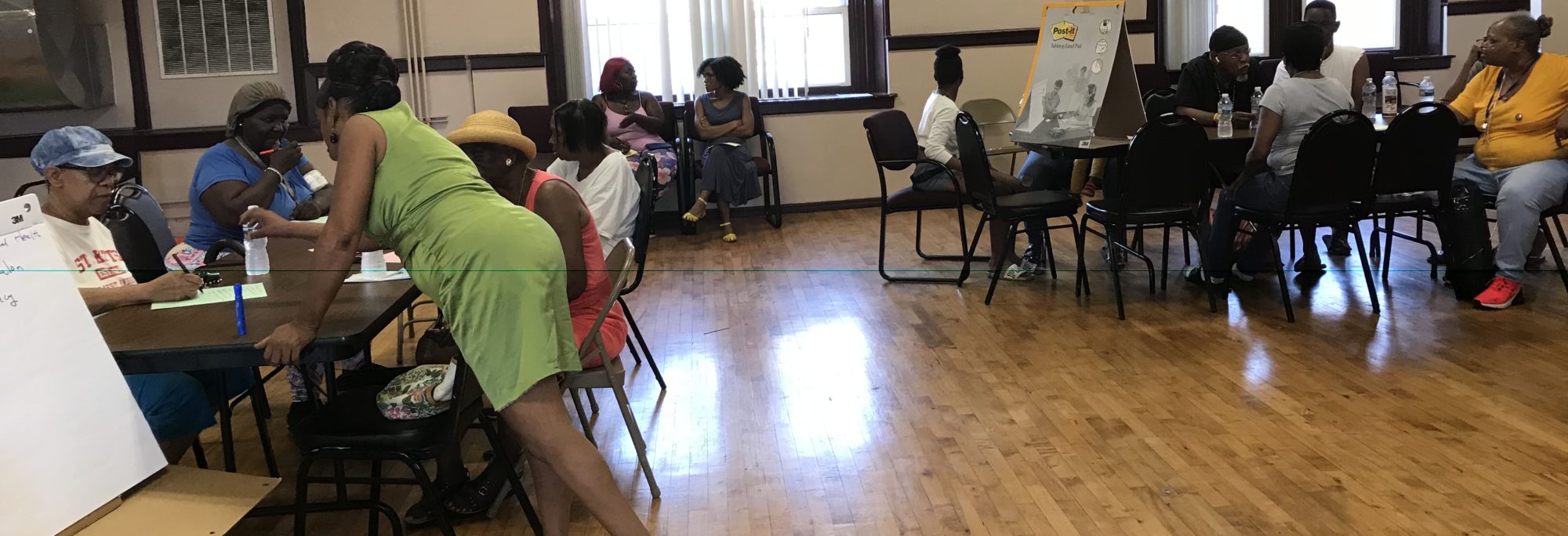Today, July 4th 2018, we acknowledge the national day of celebration of the 13 colonies in 1776 declaring their independence from British rule and adopting the Declaration of Independence. This celebration, freedom from a certain tyranny by the British Empire, turns a blind eye to the existing tyranny of white supremacy and all its manifestations against Black and Brown bodies. While a civil war and constant vigorous struggle has assured some freedoms for Black Americans, much inequity continue to exist. These injustices are significantly greater for low income, underemployed, and unemployed Black and Brown Americans.
As a reminder of the work remaining to move us toward equity, Baltimore Black Worker Center (BBWC) today launched its first report: “The State of Black Workers in Baltimore“. A significant analysis of the state of Black workers, this report will help us better understand where the largest gaps in equity remain for Baltimore Black workers, and how we can address them. Along with the report, several blogs on the site frame and offer context for this significant piece of work.
Along with the “Baltimore Black Paper” and Associated Black Charities recent report “Analysis of Patterns of Employment by Race in Baltimore City and the Baltimore Metropolitan Area” this first comprehensive report from BBWC provide us with historical and current patterns of employment and multi-sector analysis and solutions to address employment, income, and wealth disparity in Baltimore and beyond.
There was a time when policy makers and politicians, the powerful elite, and the non-profit sector in Baltimore resisted acknowledging the ever present racial disparity in Baltimore. They needed, insisted on seeing the evidence, the data, attesting to this reality. Now that the data, the analysis, and recommendations for solutions are confronting us all, will we act with urgency to address the continued exploitation of low income people and low income Black people specifically? Or will there be other reasons to prevent us from acknowledging and acting to change the systematized processes that continue segregation of Baltimore: one for the well-to-do, the professional class, and white people, the other for low income people and Black and Brown people. Analysis of independence of Black workers in Baltimore: COMPLETED.


